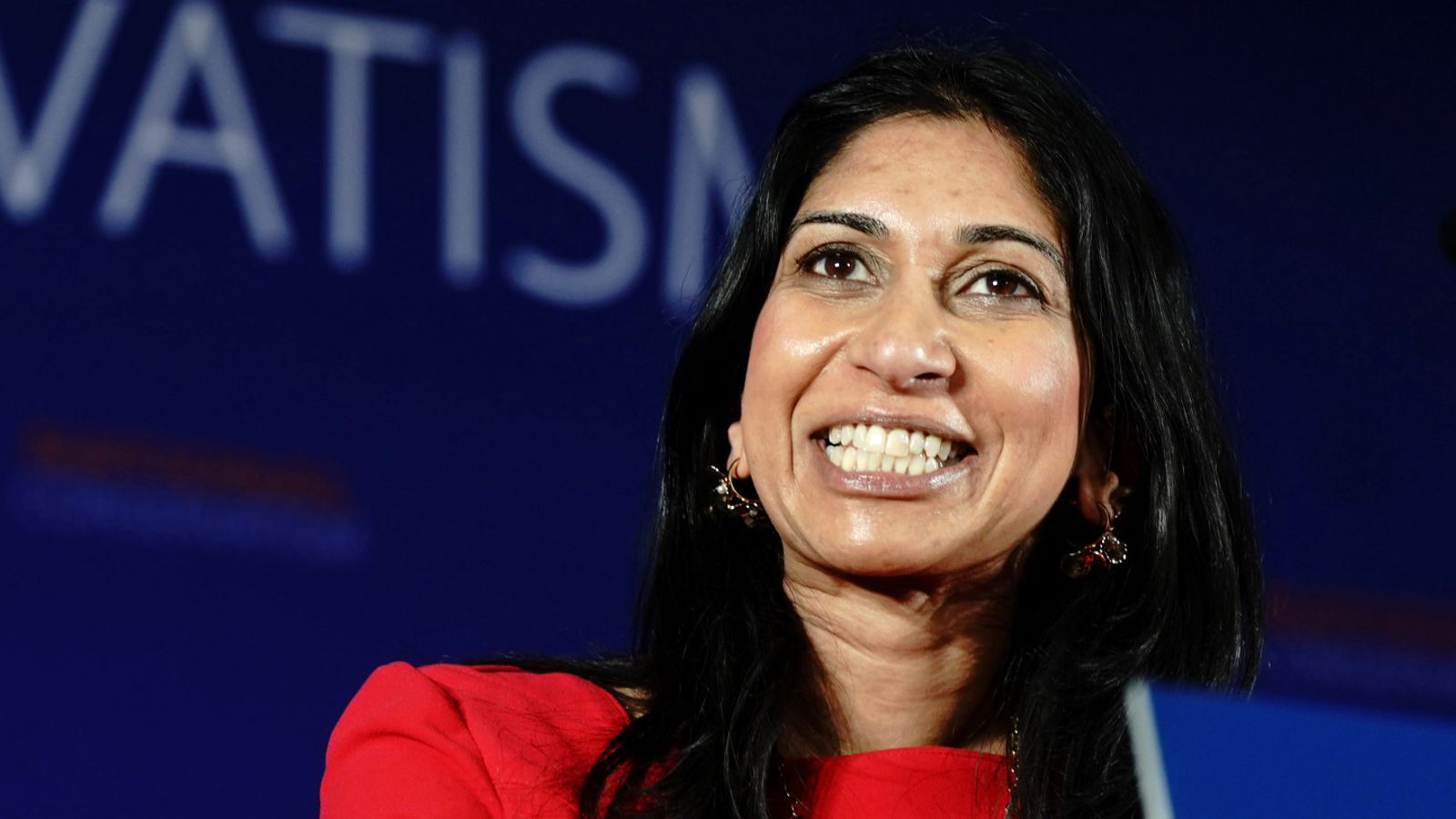Boris Johnson has warned against a “new Cold War on China” as he came under pressure from senior Conservative MPs over continuing “naivety” in the UK’s relationship with Beijing.
Setting out the government’s wide-ranging shake-up of foreign, defence and security policy, the prime minister told the House of Commons that “China will pose a great challenge” for an “open society” such as Britain’s.
But he also said the UK would have to “work with China where that is consistent with our values and interests”.
This included building “a stronger and positive economic relationship” and cooperation on climate change issues, Mr Johnson added.
However, the publication of the government’s Integrated Review of Security, Defence, Development and Foreign Policy prompted a number of Tory backbenchers to raise concerns about the UK’s approach to China.
Dr Julian Lewis, the Conservative chair of parliament’s intelligence and security committee, quoted the 144-page review’s description of China as an “increasingly important partner in tackling global challenges like pandemic preparedness, biodiversity and climate change”.
“Doesn’t that unfortunately demonstrate that the grasping naivety of the Cameron-Osborne years still lingers on in some departments of state?,” Dr Lewis asked the prime minister.
But Mr Johnson replied: “Those who call for a new Cold War on China, or for us to sequester our economy entirely from China – which seems to be the new policy of the opposition, weaving as they generally do from one position to the next – are, I think, mistaken.
“We have a balance to strike. We need to have a clear-eyed relationship with China.”
The prime minister also highlighted planned new laws to allow ministers to block business takeovers to protect national security.
And he said the UK would take “tough measures” to “call out” China for their actions in Xinjiang, where the US has accused Beijing of committing genocide in its treatment of Uighurs.
“Companies that profit from enforced labour will not be allowed to do so in this country,” Mr Johnson added.
Subscribe to the All Out Politics podcast on Apple Podcasts, Google Podcasts, Spotify, Spreaker
Referring to Winston Churchill’s first characterisation of the Soviet Union’s “iron curtain” across eastern Europe, Tobias Ellwood – the Tory chair of the Commons’ defence committee – told the prime minister he had hoped for a “Fulton, Missouri moment when we call out China for the geostrategic threat that it is”.
And Jeremy Hunt, a Conservative former foreign secretary, urged Mr Johnson to keep the UK’s approach to China under review.
“I am worried about designating China simply as a systemic challenge given the terrible events in Hong Kong and Xinjiang,” he said.
The prime minister also came under pressure from some of his own MPs over the government’s cut to the foreign aid budget.
Tory former international development secretary, Andrew Mitchell, called on Mr Johnson to hold a Commons vote on cutting the UK’s overseas aid commitment from 0.7% to 0.5% of GDP.
He claimed ministers “may be in danger as from the start of the new financial year of creating an unlawful budget” without parliament’s approval for the action.
However, Mr Johnson later signalled there was no need for a Commons vote and the cut was allowed under existing legislation.
The integrated review states the government’s foreign aid budget will return to 0.7% of GDP “when the fiscal situation allows” after the coronavirus pandemic.




